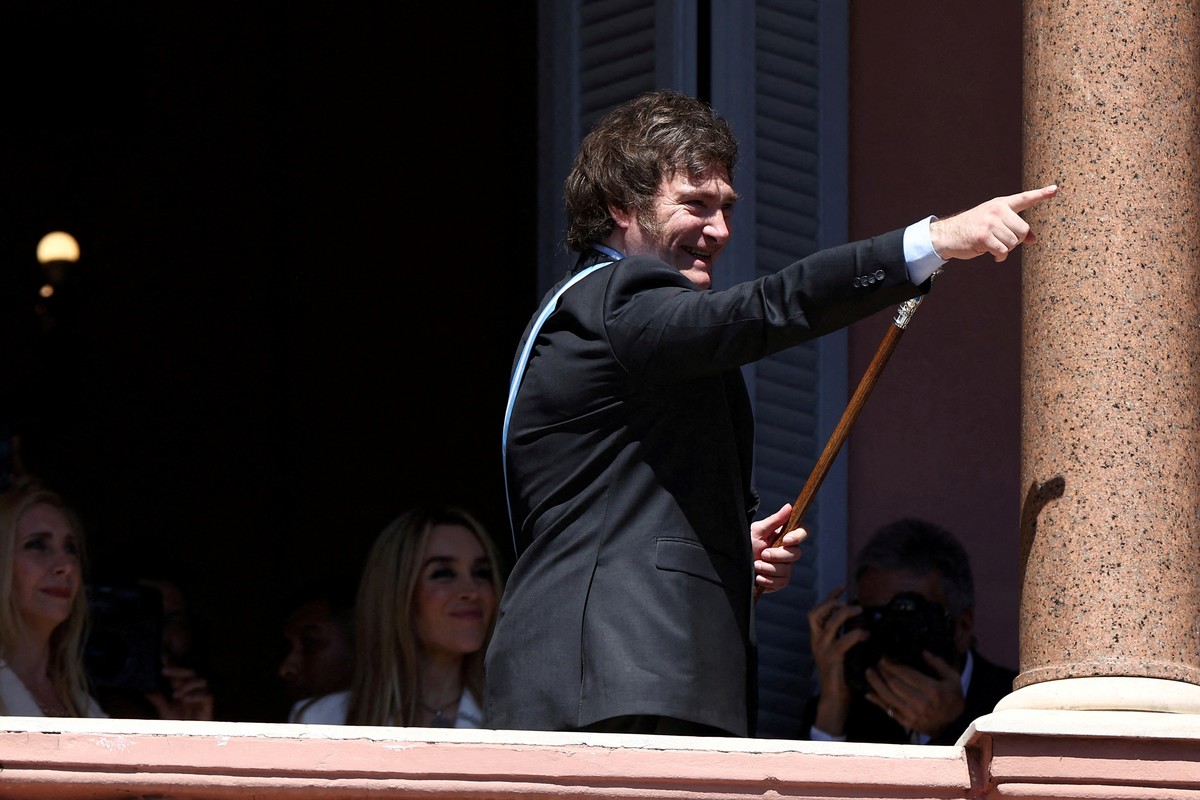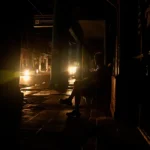
This Monday, the National Government published a decree signed by President Javier Milei and his Chief of Staff Guillermo Francos, officially calling Congress to extraordinary sessions that will take place between January 20 and February 21, 2025.
The agenda includes topics that the government has already advanced and generate an important political debate, which will be deepened in the coming weeks.
The government is like the tero, it shouts against the caste but calls for extraordinary sessions that only interest the most rancid of the caste.
— Myriam Bregman (@myriambregman) January 13, 2025
In addition to these three projects with high political impact, there are others: “Anti-Mafia Law”, “Trial in Absence”, “Reiteration and unification of sentences”.
The “clean sheet” project had already generated a debate in 2024, when the agreement that anticipated the approval of a project presented by PRO representative Lospennato fell. At that time there were accusations crossed between sectors of the right: the Macri administration accused of a pact between Mileism and Peronism. Now another official project arrives and puts Cristina Kirchner’s political and judicial situation back on the debate. The other issue that has “proper names” is the appointment of judges. For almost a year now, the government has announced that it wants to approve the applications of Ariel Lijo and Manuel García Mansilla for the Supreme Court of Justice, resisted by different political and human rights sectors.
But the project that implies a deeper attack is the so-called “electoral reform”, which in reality implies the imposition of a more reactionary political regime, where the privatization of politics gains weight.
As we have been explaining from La Izquierda Diario and the Left Front bloc, the project announces the proposal to eliminate the PASO. The left, which has always been against the proscriptive floor they propose, denounced that far from any progressive reform, the objectives are clearly undemocratic: the increase in private contributions (greater privatization and interference of economic power in the electoral system); the elimination of electoral advertising spaces that the media must give up by law (open censorship of those who are not financed by big business); the elimination of public financing for campaigns (seeking to attack the right of voters to have equal access to all proposals). At the same time, the requirements to establish itself as a political party are raised: having 0.5% of members on the electoral roll; have a minimum floor of 3% of the votes in two consecutive elections.
These days, Chief of Staff Francos once again spoke about the expenses involved in the elections. Pure demagogy. The political caste spent the last few months of 2024 discussing the millionaire salaries of its different powers, LLA internals included, as well as the corruption that the Kueider case exposed, while the businessmen made extraordinary profits in the midst of poverty and A new payment to the IMF was made. In this framework they want us to believe that they want to “democratize elections” or “end caste.” In reality, they seek to leave politics in the hands of a handful of forces with strong ties to power.
The debate included versions from different media about a pact between LLA and Unión por la Patria, which was never denied. At that time Myriam Bregman denounced the project: “it eliminates the possibility that the population, through the PASO, will learn who the candidates are that they will later be able to choose in the final elections. It reduces the financing of state political parties and expands that of private parties. If all of this is put together, what results is a privatization of the electoral system and the participation of only those who can raise thousands and billions of pesos.” But he also pointed out that “the serious thing is that there is talk of an agreement with sectors of Peronism, of Unión por la Patria, to implement it. That’s why we went out to warn and say ‘well, hey, explain’.”
The Left Front bloc continued to warn of the danger of these projects at the beginning of 2025.
With the official call for extraordinary sessions of Congress it is confirmed that the government is only interested in setting up an electoral scenario tailored to its needs, appointing friendly judges and approving repressive laws. Far from popular needs
— Christian Castillo (@chipicastillo) January 13, 2025
In the last hours, when the call was known, there were statements from Peronist leaders. The head of the K block in Deputies, Germán Martínez, called for the unity of his party. “Beyond the differences we must have a central element in common, our voters ask us to be united to stop Milei,” he told Futuröck. “If we prioritize the electoral contract with citizens, it is easier to preserve unity, even within the framework of diversity within a space. Because if the electoral movements are privileged, as we see what happened with Luis Juez, each one privileges the individual and we break the contract with the citizens,” he added.
The reference to the UxP bloc seems more like a call to avoid escapes and private negotiations with the right than to defend any political right. With so many wig-wearing Peronists that we saw last year and the Kueider case, the concern is not surprising, but it is not a call to reject the government’s reactionary agenda. Much less to “stop Milei”, if they hope to continue with discursive opposition and no resistance.
From the Left Front they have already announced that they will debate in the committees and the venue, but above all they will call for debate in the places of work, study and the streets this anti-democratic attempt and the thread that is already beginning.
Source: www.laizquierdadiario.com

